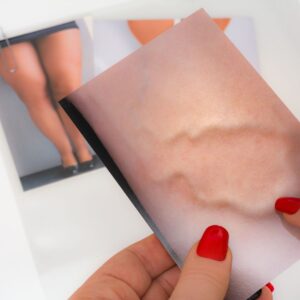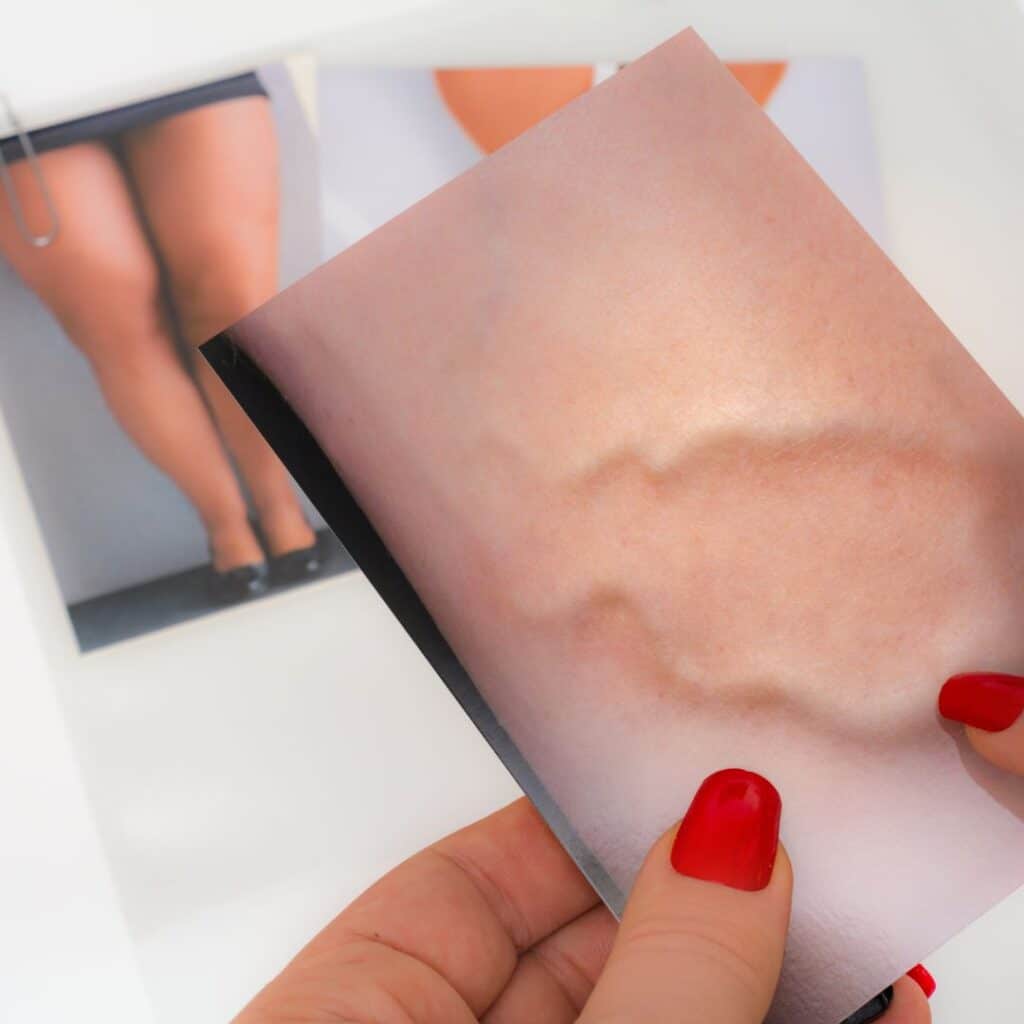
Get up off your feet. Sitting too long or standing for long periods can reduce blood flow. If you have a desk job, get up and stretch your legs as often as possible to increase circulation. If you are constantly on your feet, wear support hose.
Keep moving! Exercise is the best way to keep your blood flowing and your leg muscles toned.
Watch your weight. Excess weight puts pressure on the veins of the legs and feet.
Watch what you eat. Go for a high-fiber, low-salt diet. Cutting back on salt in your diet can help reduce swelling in your legs.
Don’t smoke. Smoking can negatively impact your health in a variety of ways, and studies show it may contribute to the development of varicose veins.
Loosen up your clothes. Tight clothing and hosiery can be more than just uncomfortable. They can constrict blood flow.
Avoid high heels. Or limit the amount of time you wear them. Flats and low heels, which strengthen calf muscles, are better for circulation.
Don’t sleep on your back if you’re pregnant. Sleeping on your back puts pressure on the veins in your pelvic area from the weight of your uterus. Sleeping on your left side will improve blood flow to the fetus and minimize pressure on your veins. You may want to talk to your doctor about compression stockings for further prevention.
If you’re prone to having varicose veins or are looking for treatment and prevention of future varicose veins, contact our office at (623) 258-3255 to schedule a consultation with Dr. Zakhary.

